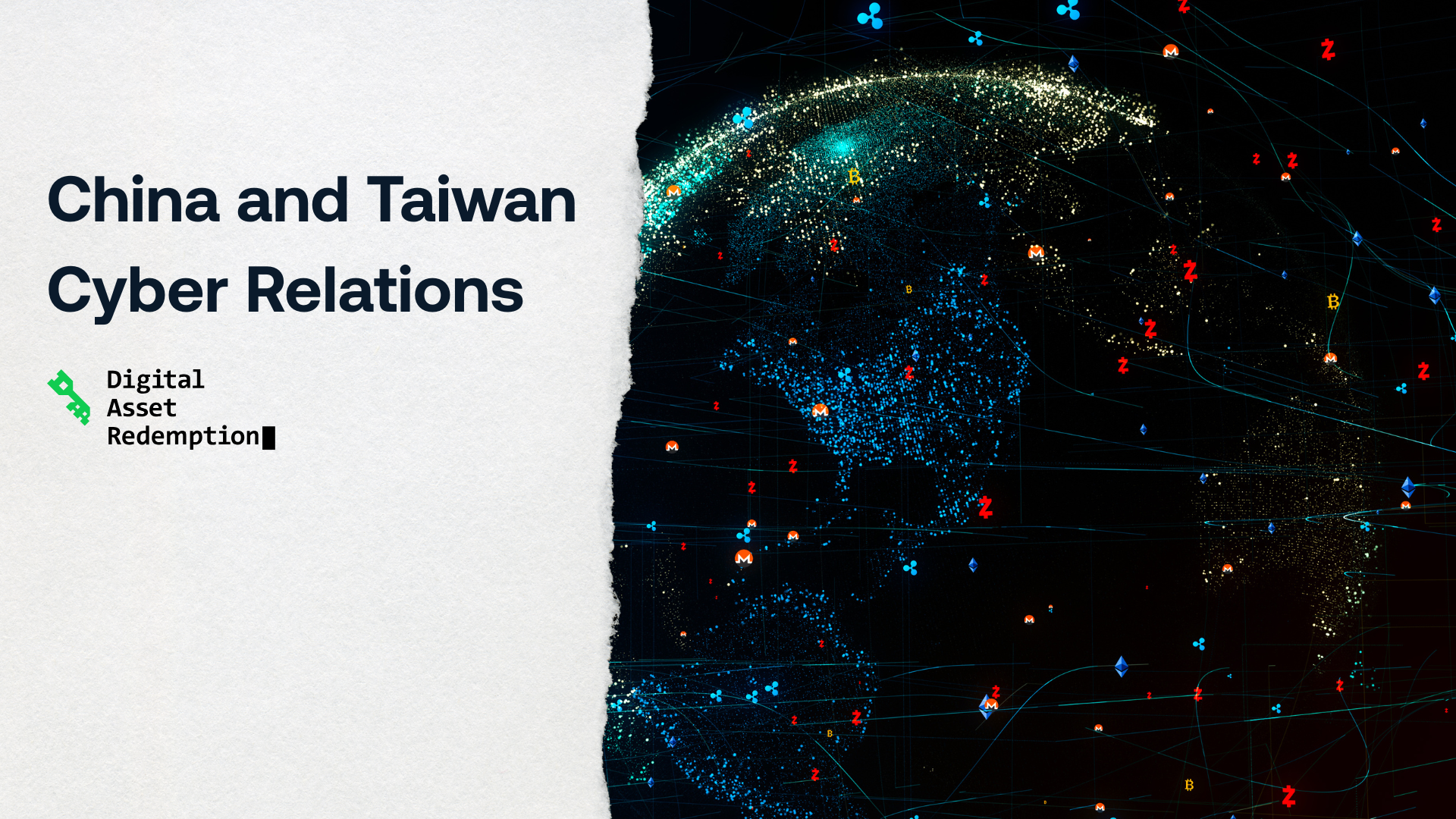China's recent allegations that Taiwan attacked 1,000 of their networks are just part of an ongoing volley of claims of cyber attacks between the pair.

Taiwan and China have a long history of tense relations, and recent years have only seen an escalation in gray zone tactics. Most recently, accusations about cyberattacks have dominated the conversation between the two countries. On May 27, 2025 China named the Taiwanese government, specifically the Democratic Progressive Party (DPP), as the patrons of a hacker group that allegedly attacked a local technology company. This group of hackers is also accused of launching cyberattacks on 1,000 sensitive networks including organizations in critical infrastructure (military, energy, and government) across 10 provinces in China.
The attack was announced to the public on May 20, 2025 by the Guangzhou Municipal Public Security Bureau's Tianhe District Branch, according to the Global Times (state-sponsored news). The Global Times described the hacker group as persistent “with clear intentions of disruption and sabotage, reflecting extremely malicious intent,” and reported that technical experts saw their work as largely unskilled: “the group's overall technical capability is relatively low, and its attack methods are crude and unsophisticated, targeting a wide range of victims. Their activities have been repeatedly detected by the mainland's cybersecurity defense systems. The self-developed Trojan programs used by the group are poorly coded, leaving behind multiple traces that can be used for reverse tracking.”
These “poorly coded” programs purportedly allowed the police to discover the complete process of the cyber crimes, even though any particular individuals have not yet been named. Taiwan has not responded to these charges, but in the past the country has pointed the finger back at China, with their security authority saying “[t]he CPC has long carried out cyber hacking and theft of funds from Taiwan, disseminated false information, and carried out cognitive warfare in an attempt to destroy Taiwan's critical infrastructure and create social division and antagonism."
This is not the first time this year that China has alleged that Taiwan orchestrated cyber attacks against their key infrastructure. On March 17, 2025 China’s Ministry of State Security (MSS) identified four members of Taiwan’s Information, Communications and Electronic Force Command (ICEFCOM) who allegedly organized the attacks on China’s power grids, water supplies and telecommunications networks. In response, Taiwanese Premier Cho Jung-tai said China’s claims were false, made only to “justify their own ongoing cyberattacks against Taiwan.”
China backed cyber campaigns against Taiwan have indeed been increasing, according to their National Security Bureau. In January, they found that Taiwan’s Government Service Network (GSN) weathered an average of 2.4 million attacks each day in 2024, which was twice the 2023 daily average of 1.2 million attacks. Notably, most of the cyber attacks were attributed to China’s cyber forces, with critical infrastructure industries like telecommunications, transportations and defense being targeted most frequently.
China did not respond to the report, but China has been known to sponsor threat actors that levy significant attacks on other countries - like the Salt Typhoon hack in the US - and reject accusations of involvement. Some sources say that China has privately admitted to launching cyber attacks against the US because of America’s ongoing support for Taiwan’s independence. In a meeting with senior officials from China and the US, Wang Lei, China’s MFA Coordinator for Cyber and Digital Affairs reportedly explained that the hacks were a consequence of Taiwan’s situation - a move that could be viewed as an act of war.
In any case, the conflict between China and Taiwan does not seem to be slowing down - and the US will likely have to watch the situation as cyberattacks from China continue to be a significant threat.